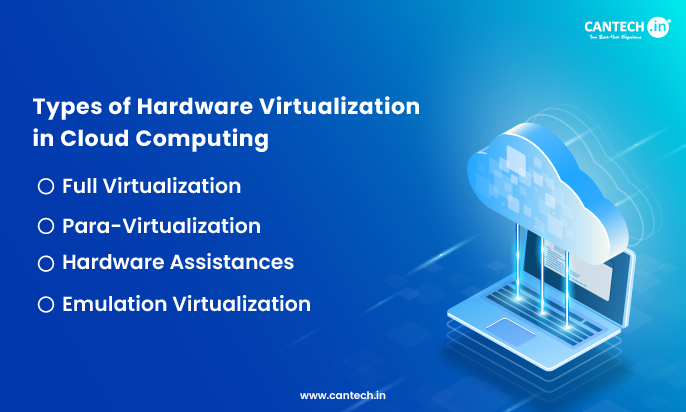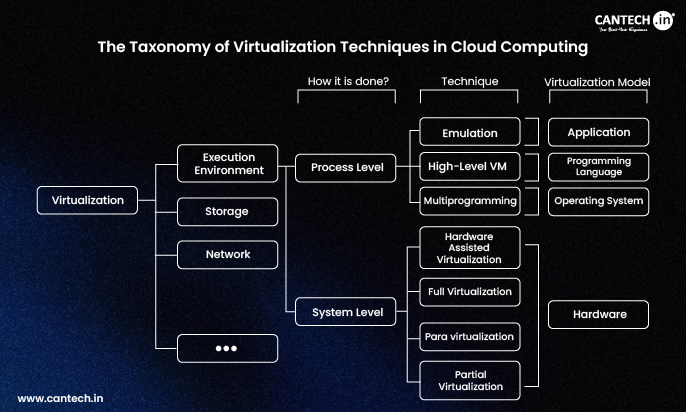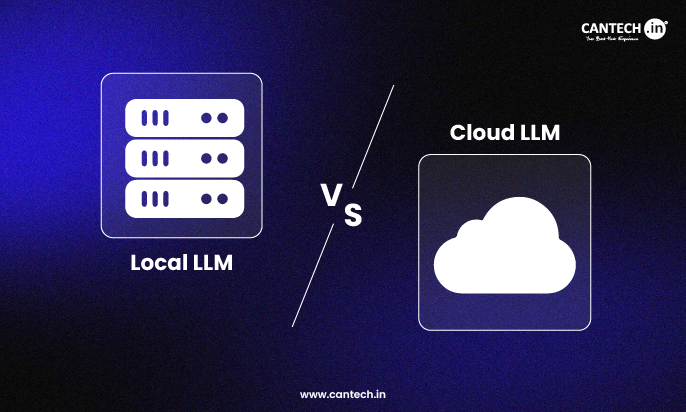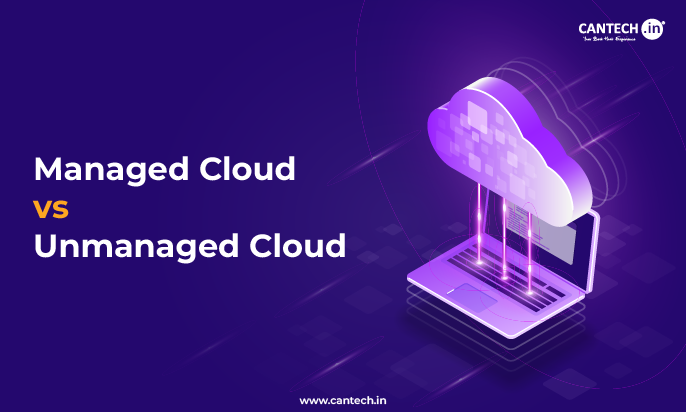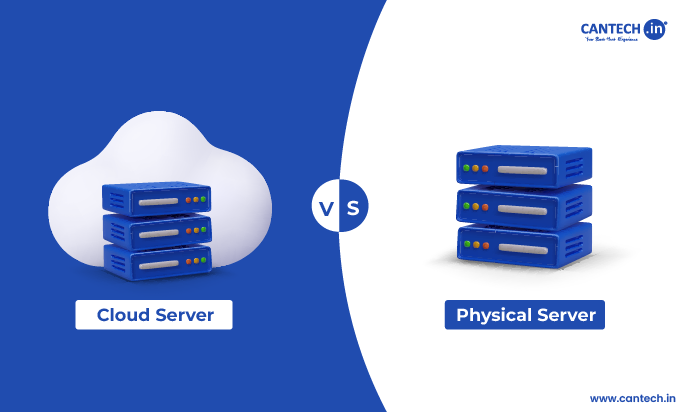The rise in adoption of hybrid cloud architecture can be attributed to a balanced approach of cloud computing which is achieved by combining the benefits of public cloud services with on premise resources. This kind of flexible approach supports optimized performance, cost and scalability for various workloads that makes it ideal for a wide range of businesses.
What is Hybrid Cloud Solution
A hybrid cloud solution is a computing environment where applications are executed by combining cloud computing, cloud services and hybrid cloud storage in different environments. This includes public clouds and private clouds along with on premise resources.
Read More on What is Hybrid Cloud?
Benefits of Hybrid Cloud
Some of the benefits of switching to hybrid cloud infrastructure are
Agility and Flexibility
Hybrid cloud architectures help businesses to quickly adapt to modern business requirements and market opportunities. By incorporating rapid supply of IT resources across both on-premises and public cloud environments, organizations can provide quick services and products. This approach enables workloads to be placed strategically, where they perform best or meet specific security and regulatory requirements.
Scalability and Performance
Organizations can effortlessly scale resources efficiently as per fluctuating demand, with hybrid cloud infrastructure, such as business growth or during seasonal peaks. The public cloud offers unlimited resources to handle high-volume workloads, whereas private infrastructure allows optimized performance and low latency for crucial applications.
Cost Efficiency
Hybrid cloud facilitates organizations to optimize their information technology investment by combining public and private cloud resources. Non-sensitive workloads can be moved to the public cloud which reduces capital expenditures on hardware, and sensitive data will be secured on-premises. This strategy lets businesses strike a balance between operational needs and cost savings to avoid expenses.
Improved Security and Control
Sensitive data and critical applications can remain in a private cloud or on premises environment which gives organizations better control and helps meet the regulatory requirements. This approach can benefit from the high level security features of public cloud providers, with centralized management for access controls, encryption, and continuous monitoring by automated tools.
Business Continuity and Disaster Recovery
Hybrid cloud architectures are suitable for reliable and strong disaster recovery and business continuity strategies. By imitating data and applications across various environments, organizations can achieve redundancy and reduce the risk of data loss or downtime when there is a disaster which ensures ongoing operations and resilience.
Innovation and Speed to Market
Hybrid cloud environments facilitate improved growth and innovation by implementing development, testing, and deployment of applications. This growth approach enables modern DevOps practices and continuous integration or continuous deployment of pipelines, which assists organizations to introduce new products and services to market at the right time and meet customer needs faster than competitors.
In conclusion, hybrid cloud provides a great combination of flexibility, scalability and cost savings to accelerate innovation and business growth. And also empowers businesses to be ahead in the modern digital sphere.
Looking for a secure yet scalable Hybrid Cloud Solution? Explore Cantech’s Cloud Services to find the perfect hosting option tailored to your business needs.
FAQ’s
What are the key components of a hybrid cloud system?
A hybrid cloud system consists of public and private cloud infrastructure, orchestration tools, hybrid cloud management platforms, and secure network connectivity to enable smooth data and application integration.
How can hybrid cloud cost be optimized?
Hybrid cloud cost optimization has optimum utilization of resources and takes advantage of pay-as-you-go public cloud models, automates the workload distribution, and uses cost visibility platforms to manage usage across hybrid cloud components.
What are common hybrid cloud use cases?
Hybrid cloud use cases consist of disaster recovery, data compliance, modernization of application and running sensitive workloads on-premise while using the cloud for scalability.

